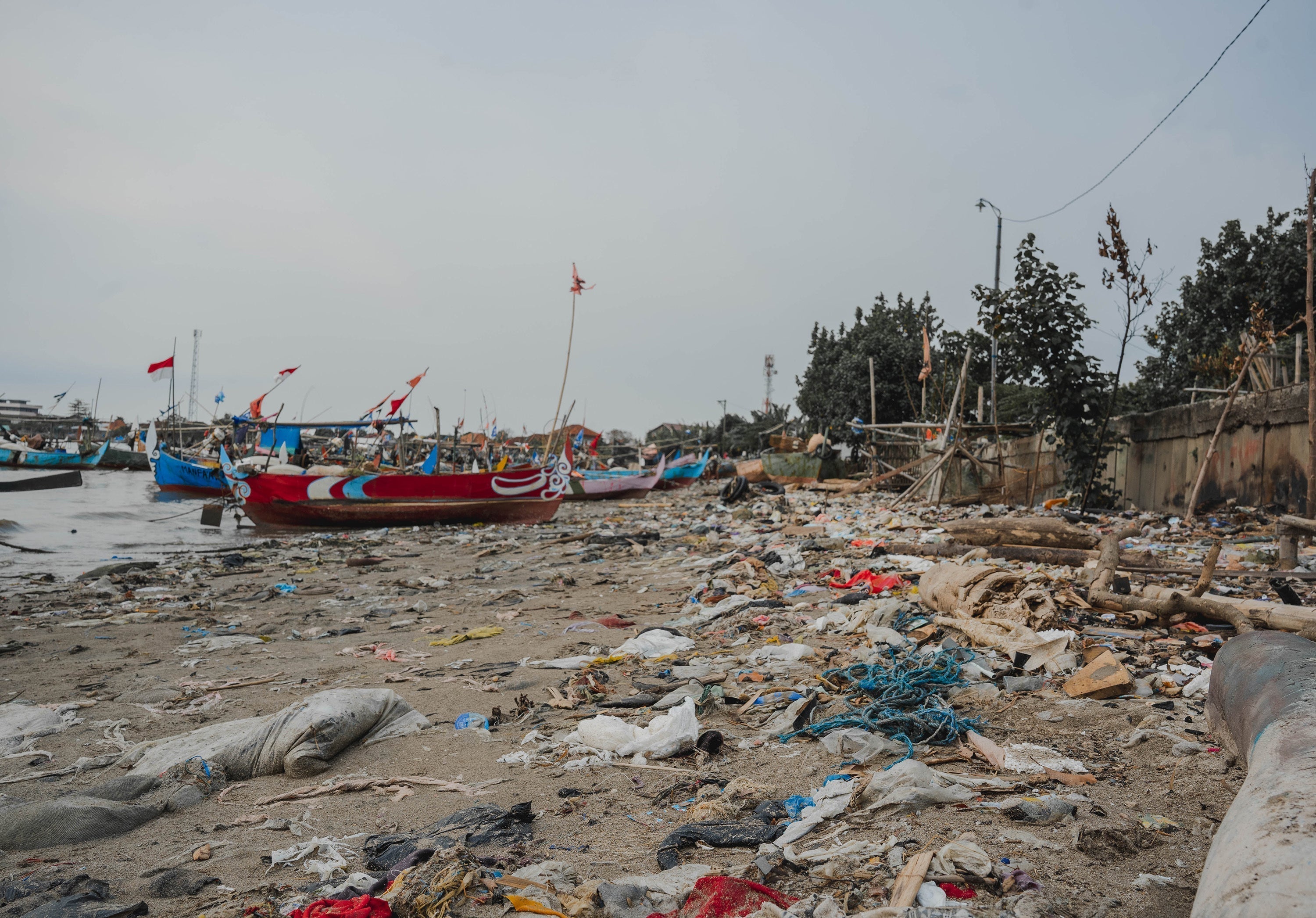The EU’s new Green Claims rules are setting a strict global baseline for marketing — impacting every brand with international ambitions.
Green marketing has exploded across industries in recent years. Nearly every market now offers “green” or “sustainable” products and services. Many companies clearly communicate the environmental benefits of their products, how they are achieved, what positive impact they create, and even where improvement is still needed.
Others, however, appear more focused on giving their products a green makeover than delivering genuine environmental benefits. Claims are exaggerated, minor product features are marketed as benefits of the entire product, and basic legal compliance is often framed as a unique advantage. Broad terms like “eco-friendly” or “environmentally safe” are used without explaining what they actually mean. The same is true for sustainability labels that consumers struggle to interpret.
Even though courts increasingly require detailed disclosure, many consumers still purchase supposedly green products simply because it “feels good.” For low-cost everyday products, customers rarely request verification, and additional information accessed through QR codes or links is hardly ever reviewed.
This landscape — broadly known as greenwashing — has prompted the European Commission to introduce two major legislative initiatives designed to secure better consumer information and ensure fair competition based on real environmental performance.
EmpCo and the Green Claims Directive: Two new regulatory pillars
-
Directive EU 2024/825 (“EmpCo Directive” – empowering consumers for the green transition) is already in force. Germany has introduced a draft amendment to its Act Against Unfair Competition, set to apply from September 27, 2026.
The directive sharply restricts vague environmental claims that consumers cannot clearly link to specific benefits. It also introduces stricter rules on sustainability seals and labels.
-
Directive COM 2023/166 (“Green Claims Directive”), which sparked intense debate due to its proposal for mandatory pre-certification of environmental claims, remains stuck in the EU legislative process.
Concerns include the cost and administrative burden for small and mid-sized companies, and demands that the EU first implement and evaluate the EmpCo Directive before tightening rules further. Several Member States have signaled opposition, leaving the future of the directive uncertain.
Regardless, these rules are unlikely to take effect in Germany before 2028, so businesses should focus on the EmpCo changes that apply from September 27, 2026.
Core content of the EmpCo Directive and its implementation
Germany’s planned reform introduces the following major restrictions:
-
Sustainability labels can only be used if issued by a public authority or based on a certified system.
-
General environmental claims are allowed only when based on excellent, recognized environmental performance.
-
Advertising with terms such as “climate neutral” is banned when that neutrality is achieved only through offsetting instead of real emission reduction.
-
Environmental advantages that apply only to a single component of a product (such as packaging) cannot be marketed as benefits of the entire product.
Claims that merely describe legal compliance cannot be advertised as special environmental benefits.
-
Future environmental claims must be supported by a clear commitment, a realistic pathway, and external verification.
These rules reinforce what courts already require
In many cases, German courts have already sanctioned similar conduct under existing misleading advertising laws. Courts have:
-
prohibited advertising that presents basic legal compliance as a special feature,
-
banned exaggerated claims where environmental benefits apply only to part of a product, and
-
demanded proof for forward-looking statements such as emission-reduction targets.
Thus, much of the EmpCo Directive does not dramatically change the law, but codifies standards already applied by courts.
Where companies must adjust
Even brands that already market responsibly will need to change practices in 2026:
1. General claims
Terms like “green,” “sustainable,” “eco-friendly,” or “energy-saving” will be banned unless supported by recognized proof of excellent environmental performance.
Without applicable eco-labels or certification systems, companies must use specific, measurable statements, such as:
“Packaging biodegrades in home compost within 30 days,”
instead of a vague
“biodegradable.”
2. Forward-looking claims
These must be backed by a realistic plan and third-party validation.
3. Sustainability seals
Private seals must be upgraded. Seals that lack independent certification will no longer be permitted after September 27, 2026, even if long-term licensing contracts exist.
4. “Climate-neutral”
After years of legal disputes, the term will be banned when used solely on the basis of carbon offsetting.
Companies may still highlight environmental projects they support, but not claim their product is “climate neutral.”
What businesses should do now
-
Audit sustainability seals used across packaging and marketing materials
-
Prepare documentation and third-party verification for environmental claims
-
Review current and future marketing strategies
Conclusion
For many companies, the necessary adjustments may be less drastic than expected — especially where they already comply with strict standards applied by courts.
Nevertheless, brands should use the remaining time to critically evaluate existing and planned advertising and revise it where needed.
About the author:
Dr. Jeannette Viniol, LL.M. (Warwick), is an intellectual property and competition law specialist and partner at JBB Rechtsanwält:innen in Berlin. She advises extensively on greenwashing and environmental marketing claims.





